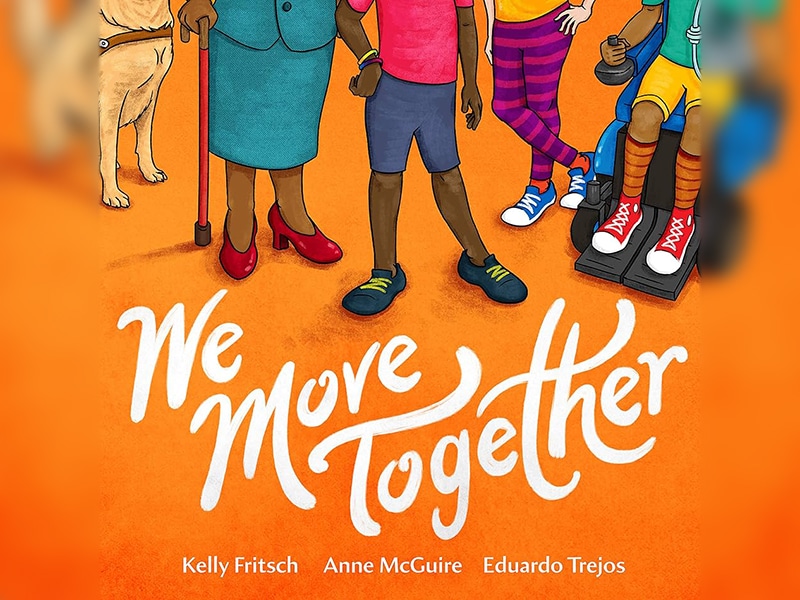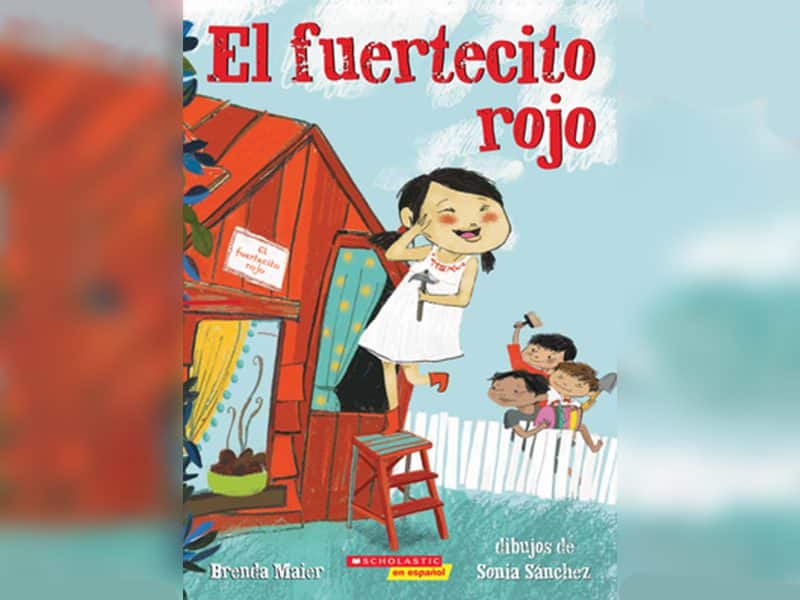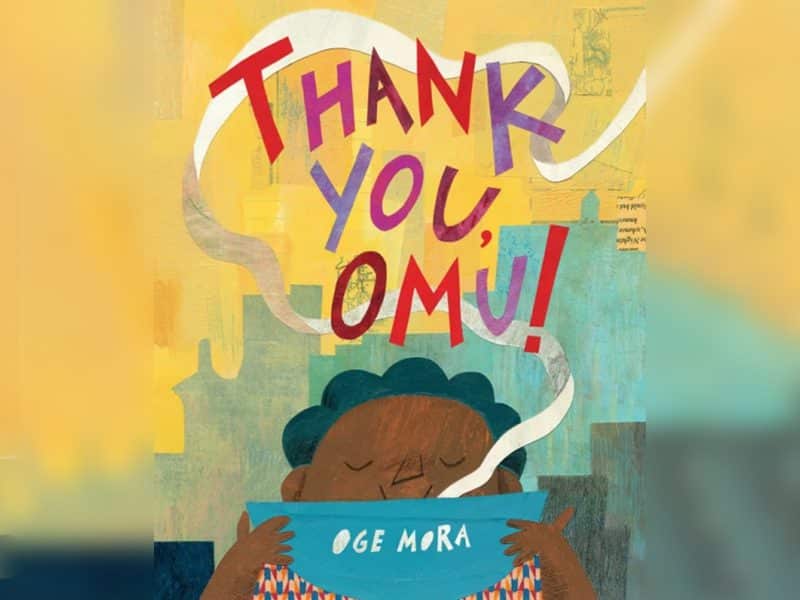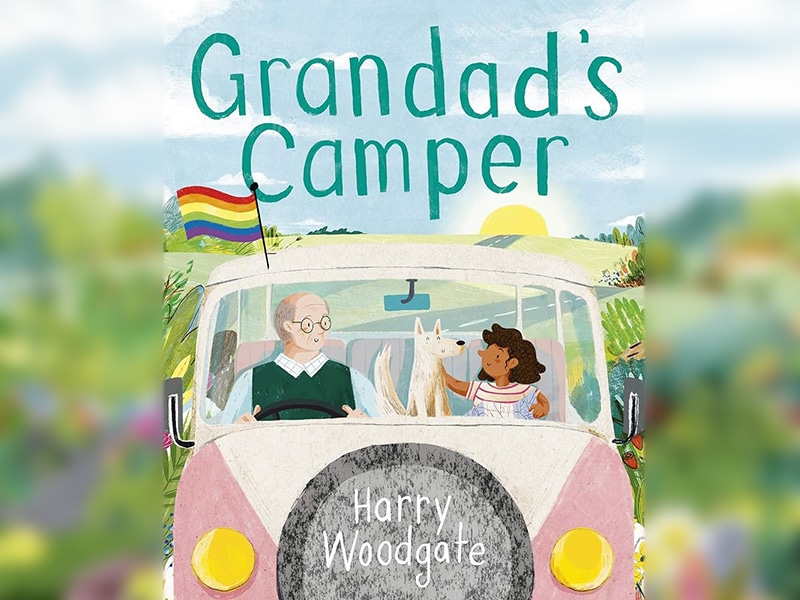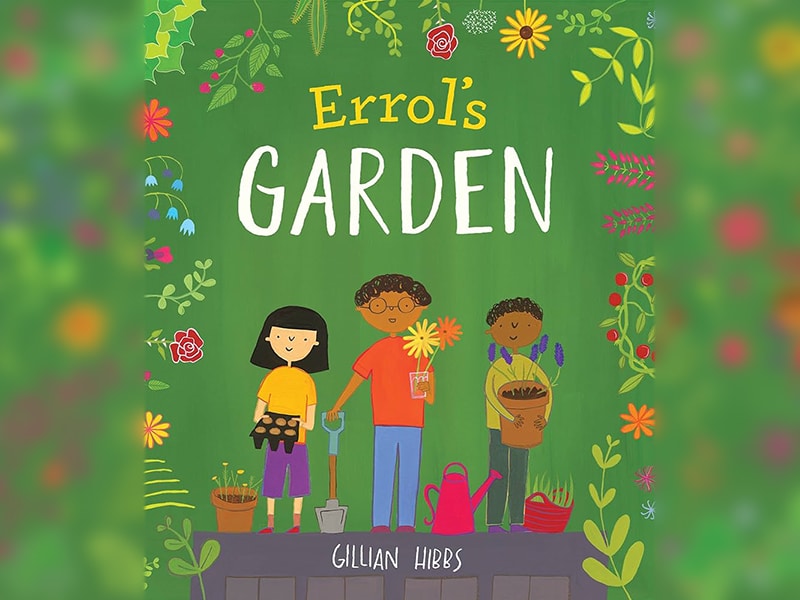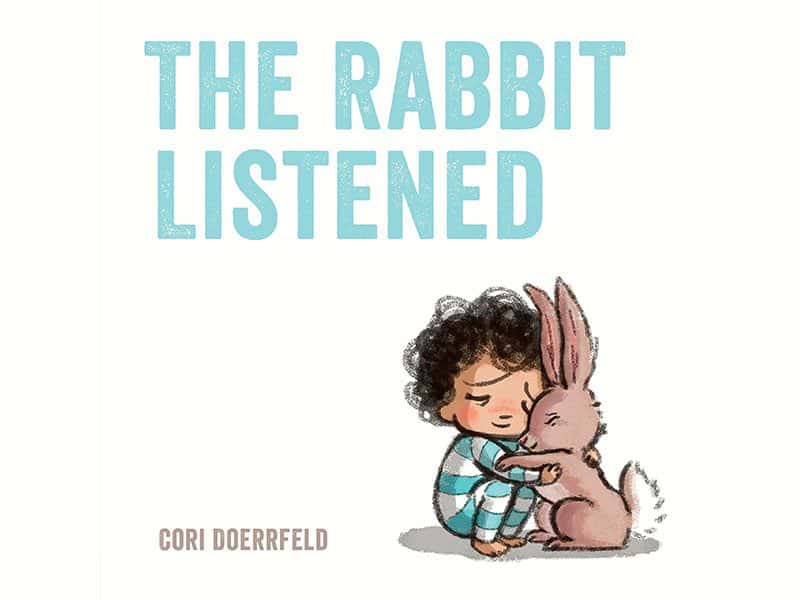Created for caregivers to share with early learners and grade schoolers, these kits are designed to empower children to share their ideas and feelings with grown-ups and peers. These kits currently live in the Children’s Services area at the Main Library.
- Social-Emotional Learning Kits are each based on a book and include open-ended questions, materials, and more—revolving around a theme.
- Each kit also comes with information and links to help adults support communication with kids who are shy or reserved, have speech delays, use augmentative/alternative communication, or are disabled. Kits also are available in Spanish. Find this information and links on how to use a kit below »
How to check out a kit
Social-Emotional Learning Kits are available at the Main Library and can be checked out for up to three weeks. Only Oak Park patrons can place holds, and the kits are not able to be renewed. Kits must be returned to a service desk at the Main Library.
How to use a kit
Each kit includes an instructional booklet, which is a guide for caregivers and educators to engage in meaningful conversation with children. The open-ended questions and prompts in the booklet are designed to give children the opportunity to share whatever they wish.
Open-ended questions are sometimes difficult for kids to answer, and many adults try to fill the quiet with constant prompts and what they think the child’s answer will be. The goal of kits is not about the answers themselves, but about creating the space and quiet for kids to share thoughts at their own speed and interest. Not answering is a valid communication choice!
There are ways to help set kids up for conversational success with prompting and support. The following resources were written about communication with a person who has a communication delay or disability, or uses augmentative/alternative communication, but they are useful for all new or quiet conversational partners.
- Speech therapists Luke and Hollie highlight some of the most important ways to expand communication skills: giving supportive wait time, not overcorrecting, praising their contributions, and more.
- Pam explains some of the benefits of supportive wait time. Allowing kids to understand that it’s their turn, process the question, and have time to give an answer are key to practice.
- Speech therapist Kate Ahern discusses the importance of “Yes, and?” in keeping a conversation going when you don’t yet understand what they’ve shared. Inspired by the rules of improv, never shut down a communication attempt, be flexible, and do everything you can to keep the conversation going.
- Steps 5 and 6 in this blog post are especially beneficial for all conversations: acknowledge and attribute meaning to all communication styles (pointing, making faces, etc) and accept all communication styles. Everyone uses multiple ways to make their thoughts known.
- Tabi Jones Wohleber shares some best practices around the best types of prompts to offer to encourage communication and conversation. The right prompts help scaffold success and communication.
Also available in Spanish
Striving to address the needs of our community, the kits also are available in Spanish. Reading books and speaking in Spanish strengthens a child’s early literacy skills and stimulates their cognitive, linguistic, and social development. Additionally, making the kits available to Spanish speakers in the community honors those whose first language is Spanish, while also offering a rich experience for young children that includes exposure and access to a second (or third or fourth or fifth) language.

